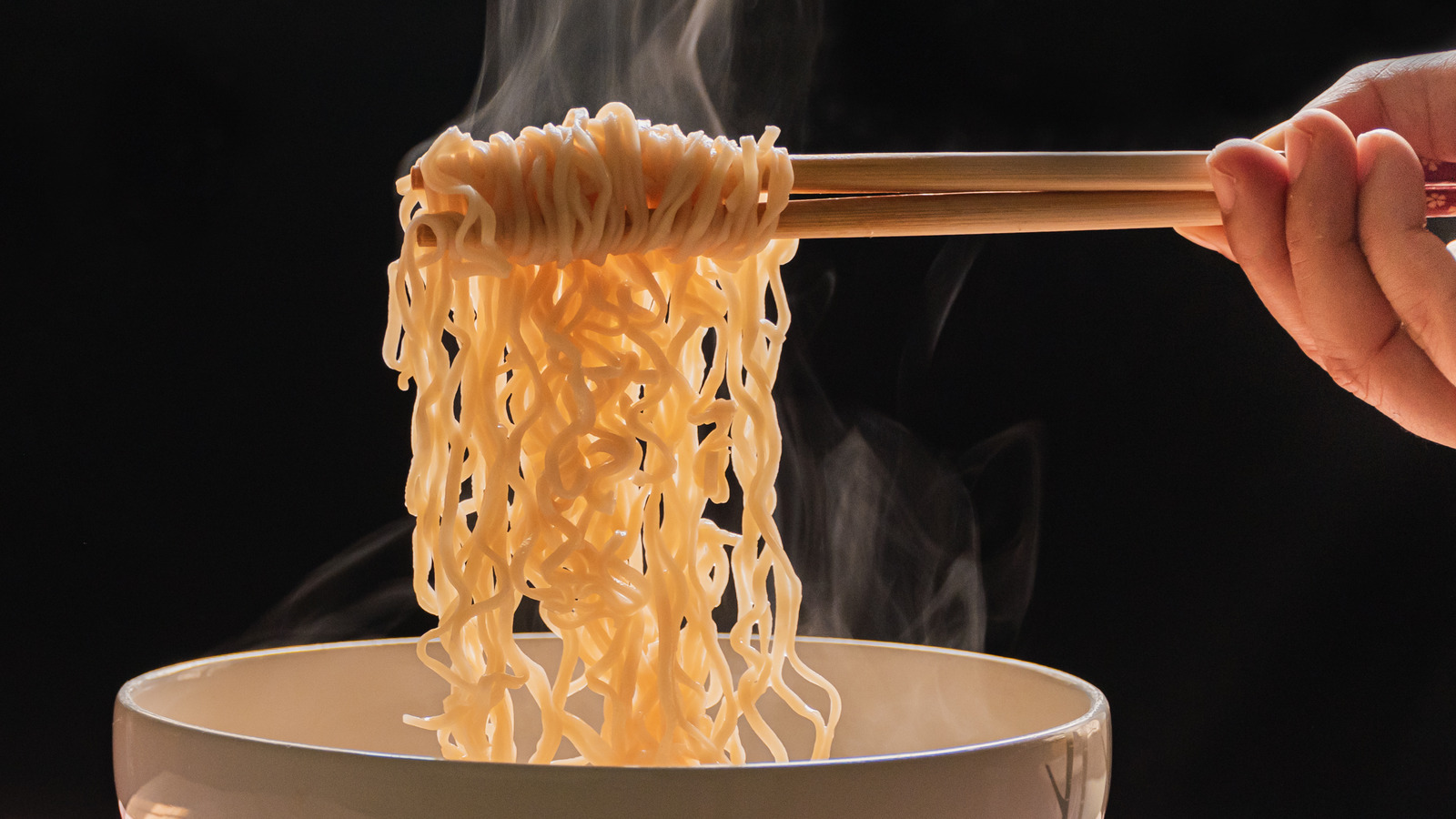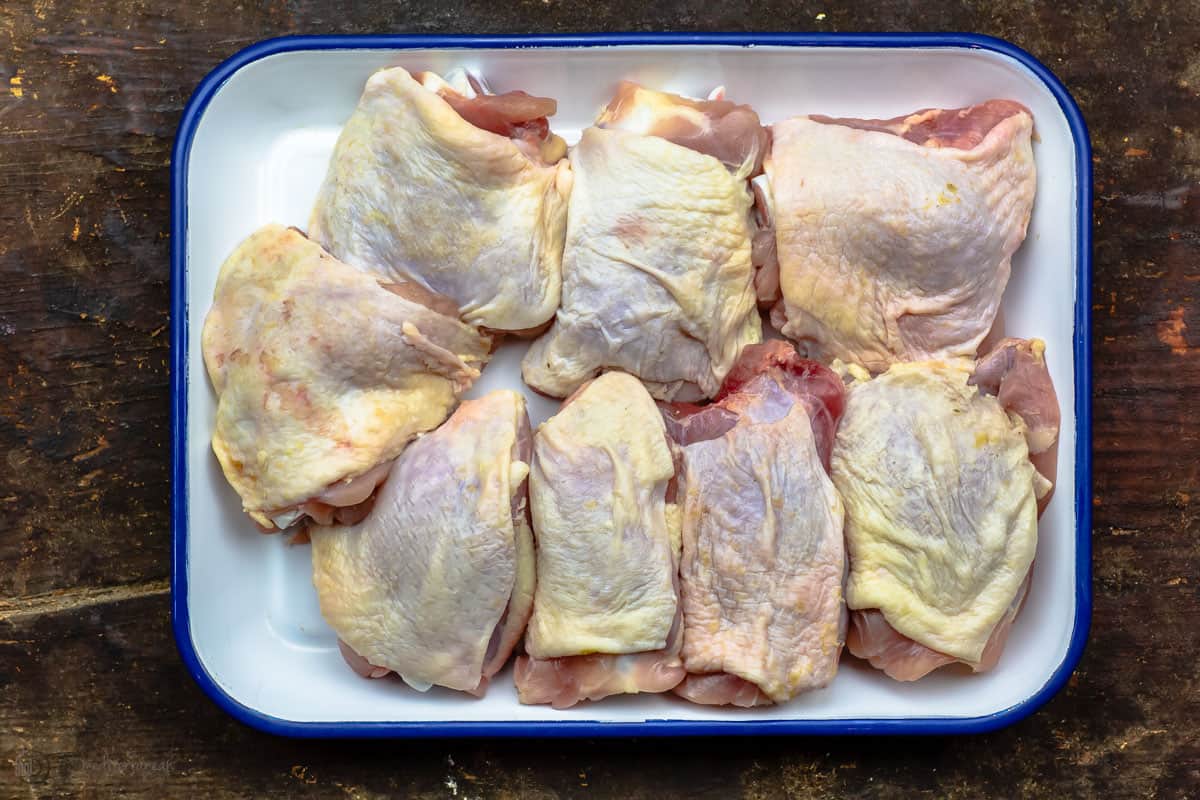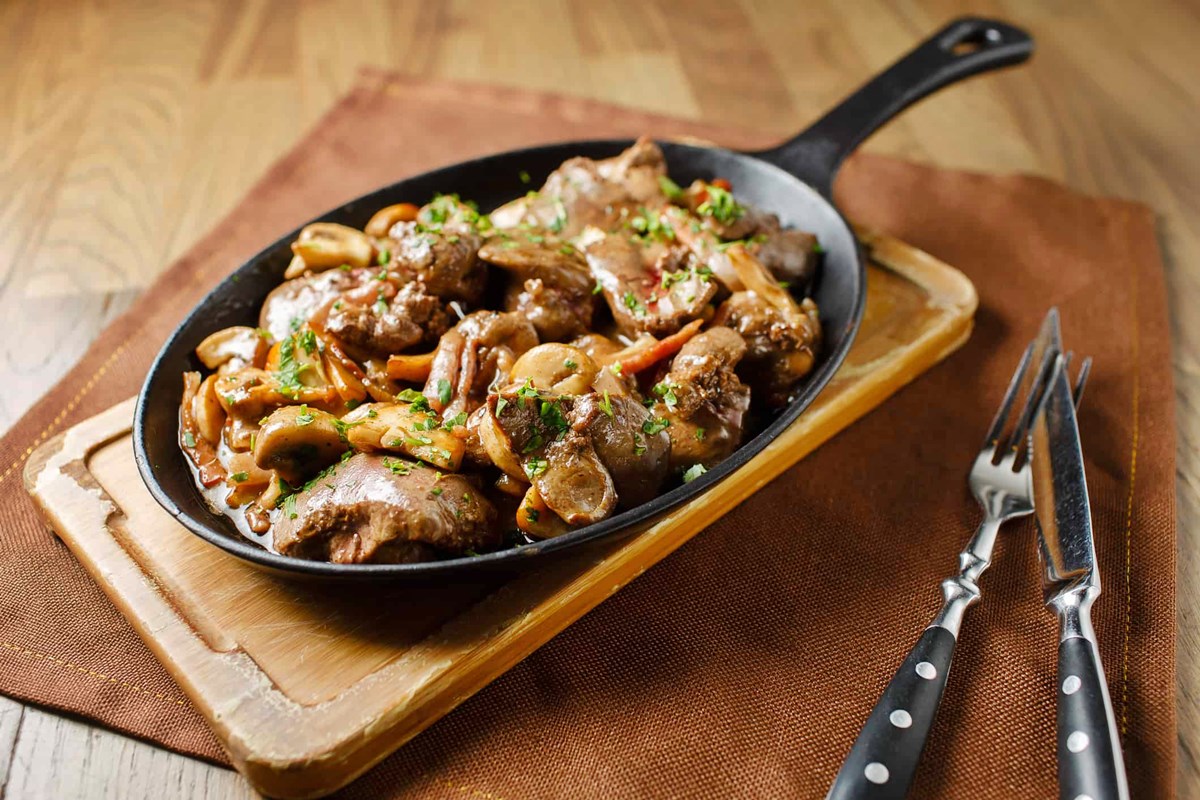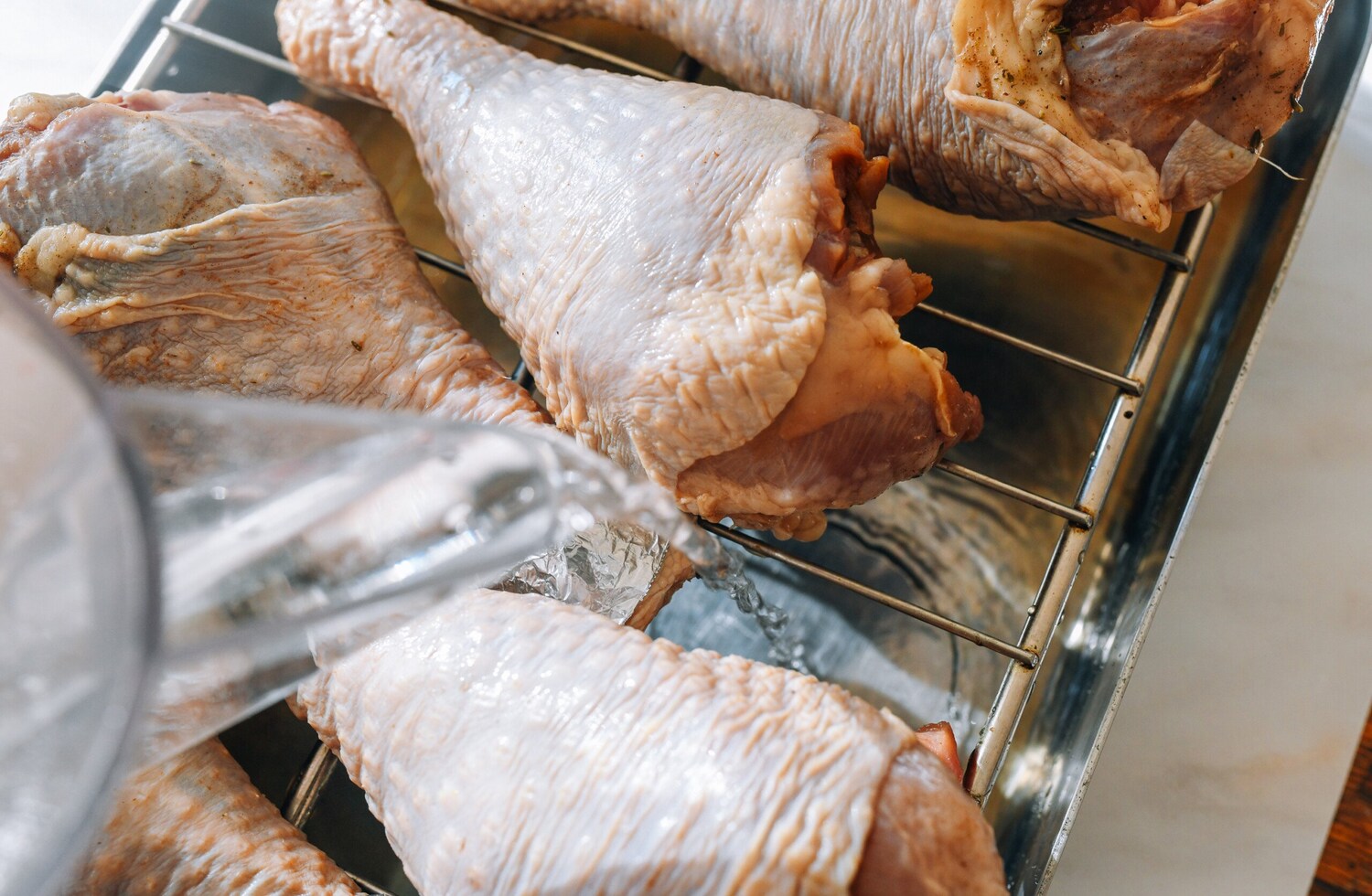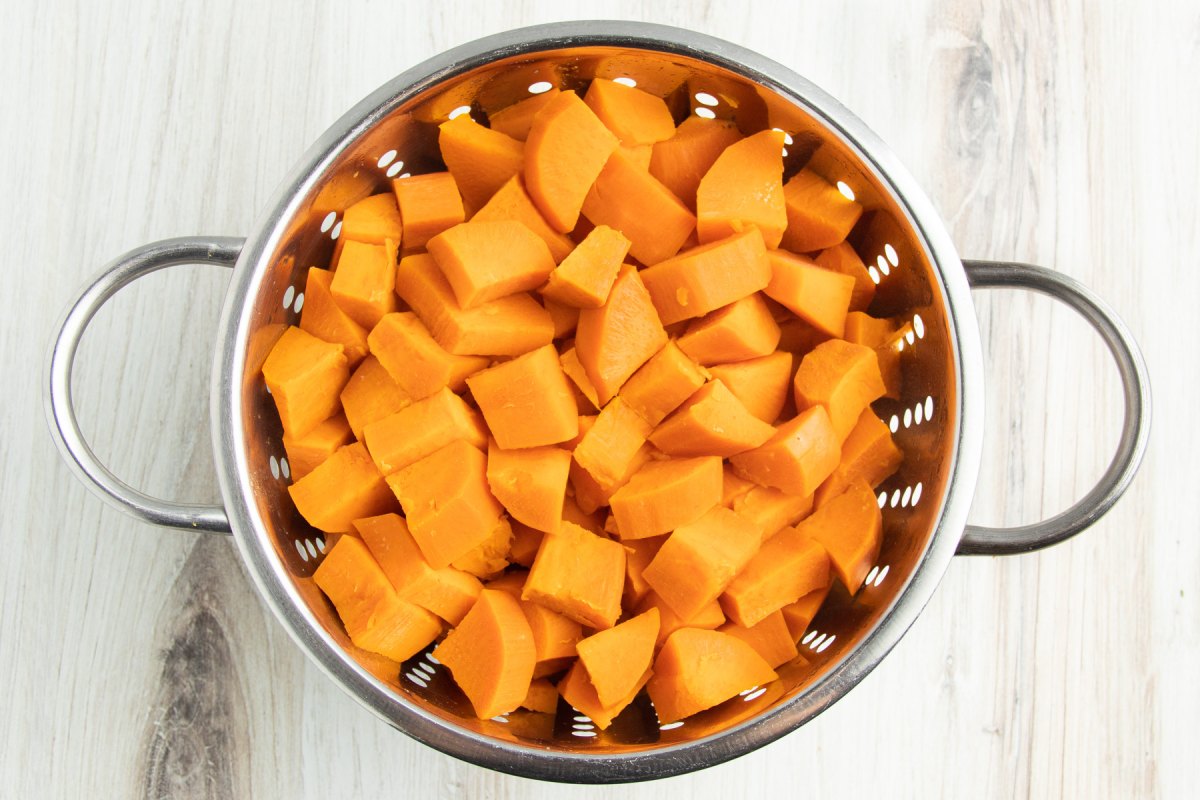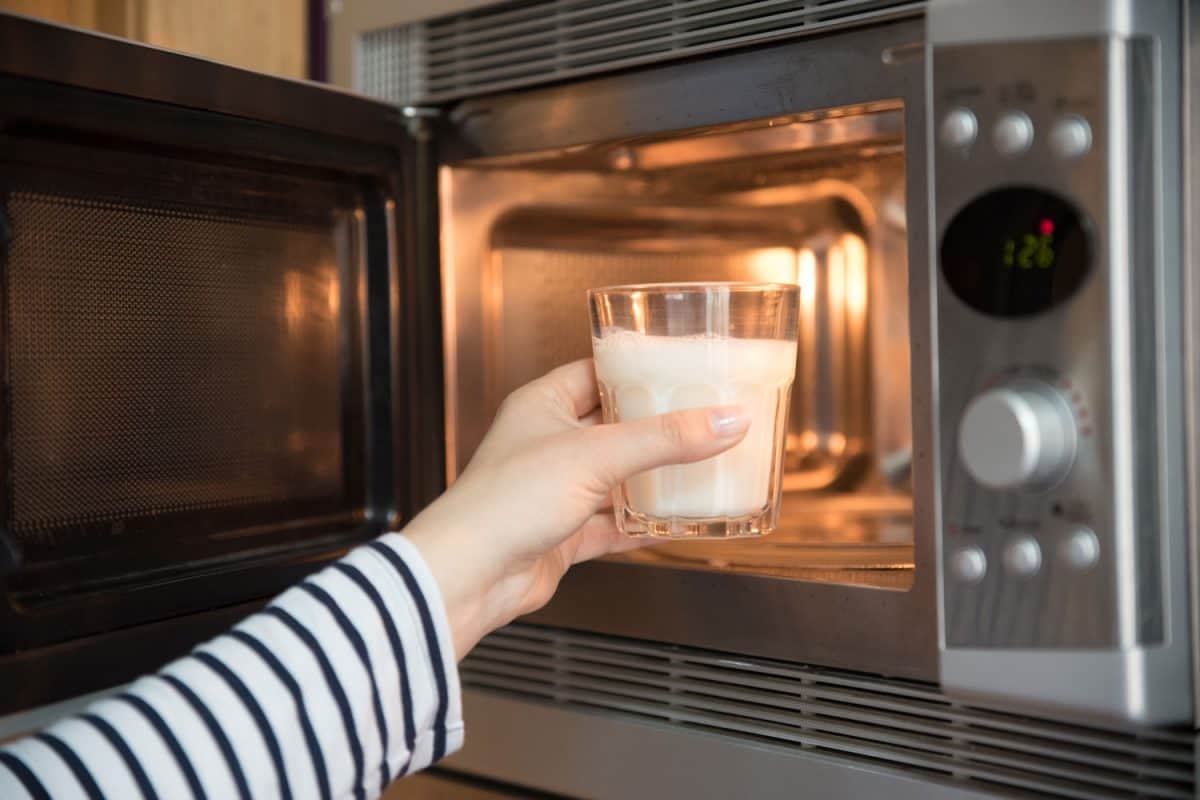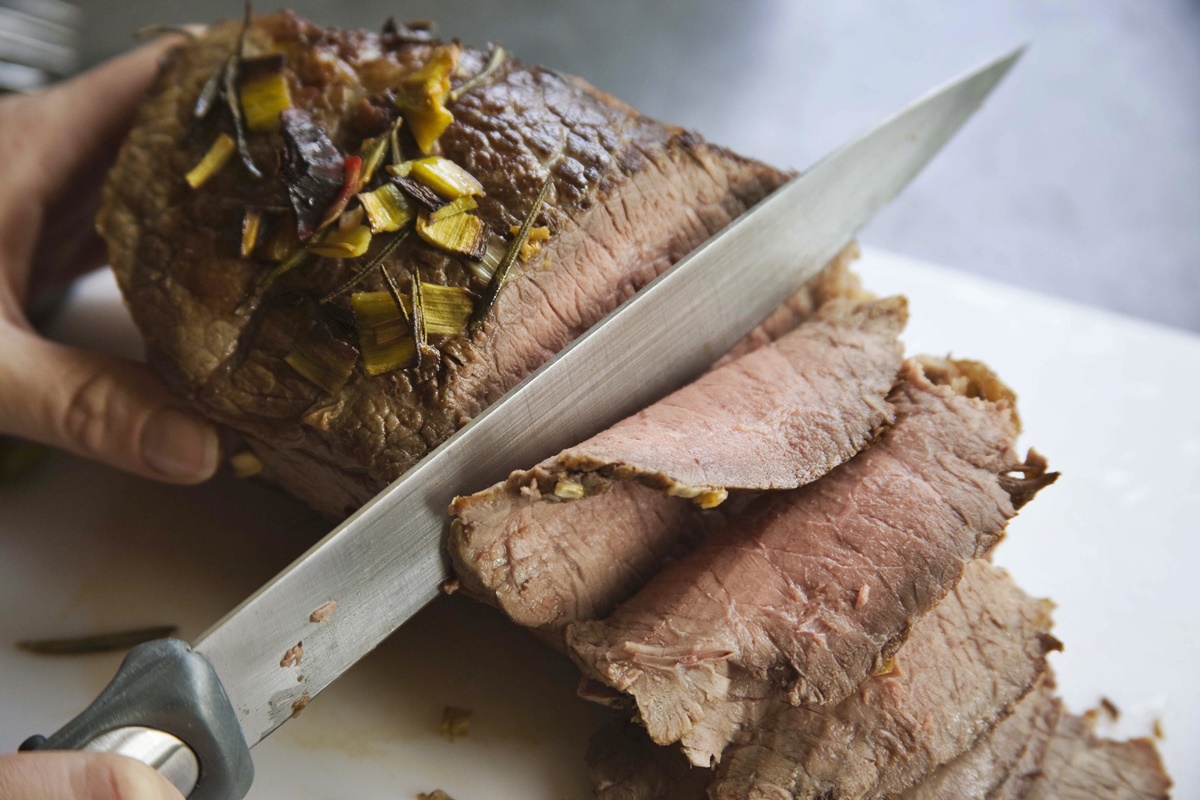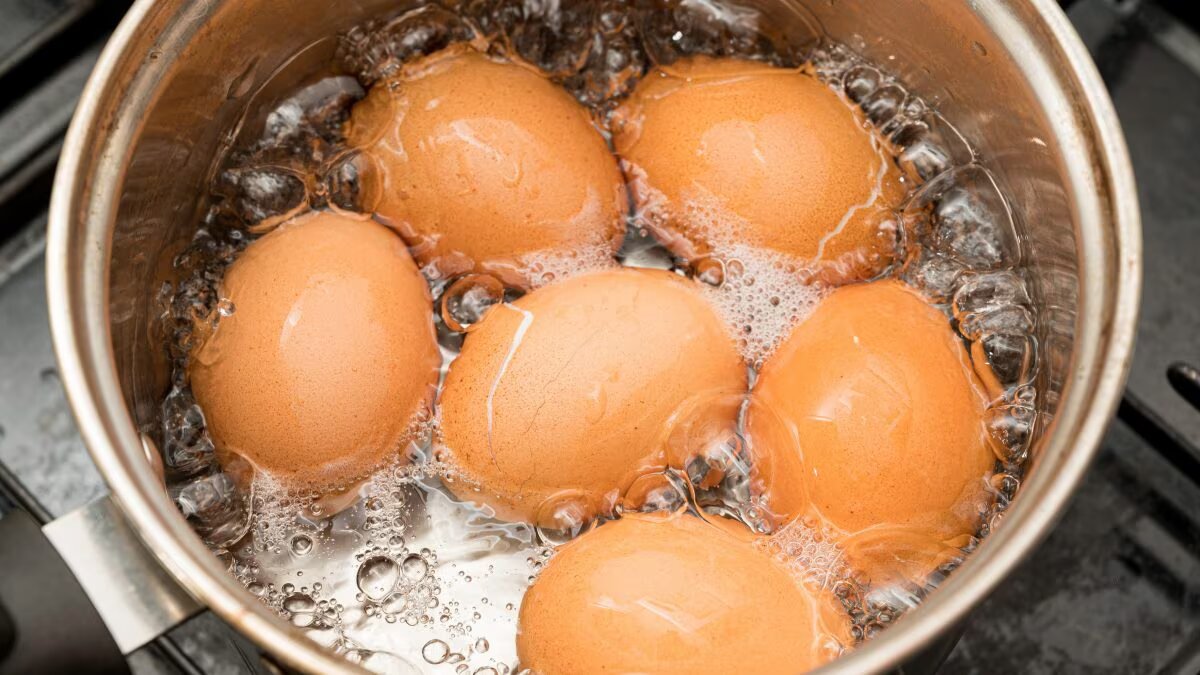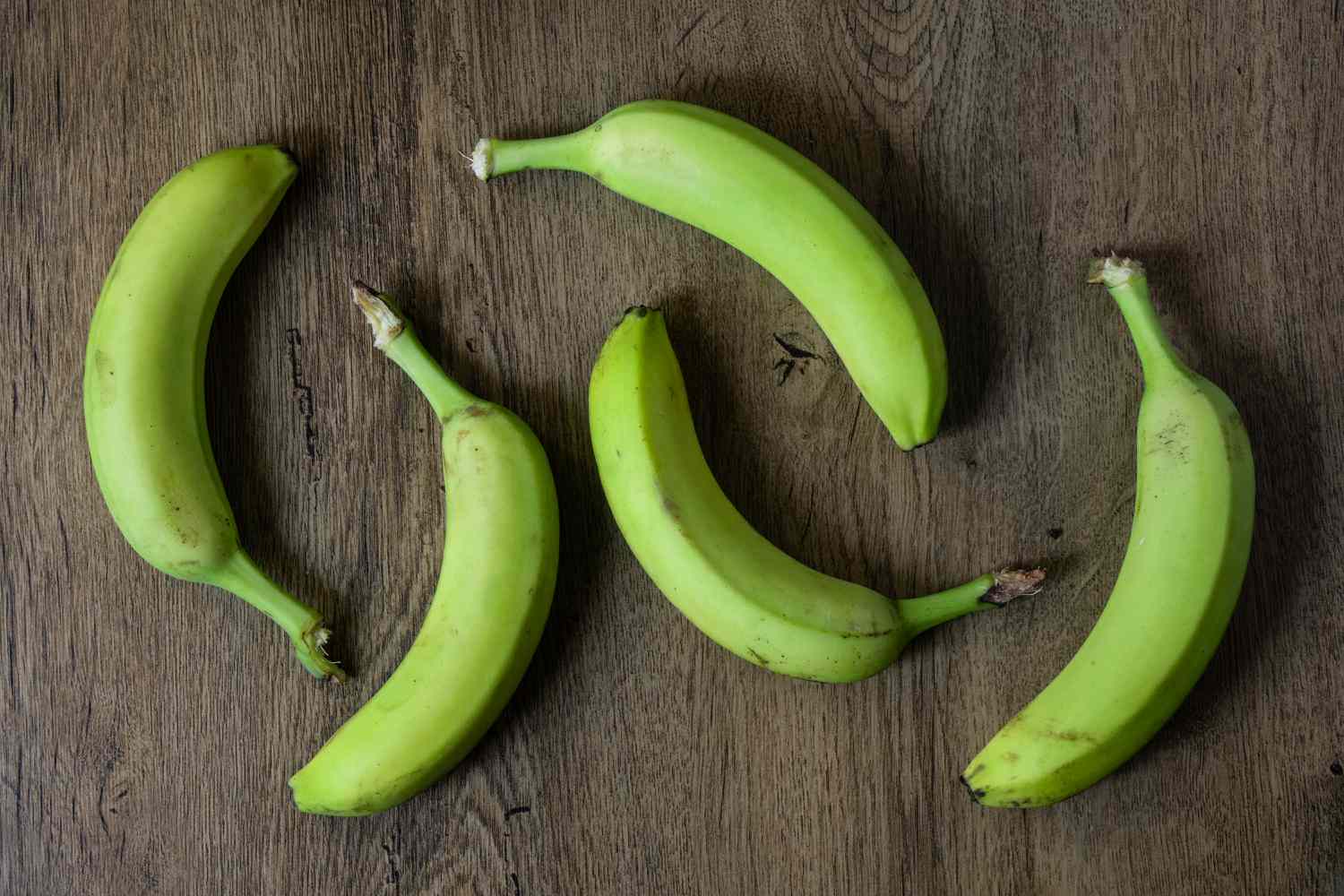How To Boil Eggs Without Cracks
Boiling eggs seems like a simple task, but it can be frustrating when you end up with cracked eggs. Cracks not only affect the appearance of the egg, but they can also result in egg whites leaking out during the boiling process. But fear not! We have some tips and tricks to help you boil eggs without cracks.
1. Start with Room Temperature Eggs
Before boiling your eggs, it’s essential to allow them to come to room temperature. This helps to prevent cracks because sudden changes in temperature can cause the shells to expand or contract too quickly. So, take your eggs out of the refrigerator at least 30 minutes before boiling.
2. Gently Place Eggs in the Pot
When placing the eggs in the pot, make sure to do so gently. Dropping them in from a height or piling them on top of each other can lead to cracks. Carefully lower each egg into the pot, ensuring they are evenly spaced.
3. Add a Pinch of Salt or Vinegar
Adding a pinch of salt or a dash of vinegar to the boiling water can help reduce the likelihood of cracks. These ingredients help to reinforce the eggshell and make it less prone to cracking.
4. Use the Proper Cooking Time
Overcooking eggs can make the shells more prone to cracking. Follow these guidelines for the perfect egg consistency:
- Soft-boiled eggs: 4-6 minutes
- Medium-boiled eggs: 6-8 minutes
- Hard-boiled eggs: 9-12 minutes
Keep in mind that these times are approximate and may need to be adjusted based on your stove and the size of the eggs.
5. Utilize the Cold Water Method for Peeling
Once your eggs are boiled, it’s time to cool them down and peel them. The cold water method can help prevent cracks while peeling:
- After boiling, transfer the eggs to a bowl of ice water.
- Allow them to sit for at least 10 minutes to cool them down completely.
- Gently tap each egg on a hard surface to create small cracks all over the shell.
- Place the egg back into the water for a few minutes, allowing the water to seep into the cracks.
- Start peeling from the wider end of the egg, where the air pocket is located. The water that entered through the cracks should help loosen the shell, making it easier to peel.
By following these simple tips, you’ll be able to boil eggs without cracks and enjoy perfectly cooked eggs every time. Say goodbye to frustrating, cracked eggs, and hello to delicious meals and snacks!
Was this page helpful?
Read Next: How To Boil Lemon Water
